All thirteen episodes were provided for review.
It’s hard to deny that 2018’s been a landmark year for diversity within the ongoing Marvel Cinematic Universe. Black Panther, aside from breaking old box office records while setting entirely new ones, was lauded by critics as a celebration of black culture and representation. On the small screen, Jessica Jones returned just in time for International Women’s Day, bringing a nuanced look at a flawed yet relatable female hero. And of course, there’s Luke Cage‘s sophomore season, which is set to premiere on June 22.
Though the events that transpired during The Defenders are never explicitly mentioned or recounted, they do set the stage for this season’s many returning characters. Taking place a few months after the destruction of Midland Circle, Luke (Mike Colter) is struggling to find his place as a local celebrity. While the first season focused on his inner struggle to become a defender of Harlem, this season deals with the repercussions of being a recognizable public persona and balancing the people’s expectations of what an approachable, friendly neighborhood hero should be.
While the show has only two seasons to its name, Mike Colter has appeared in both Jessica Jones and The Defenders as well, and his comfortability with his portrayal of Luke Cage shines through here. The actor’s undeniable swagger and charm are clear in each scene, whether he’s leisure strolling around Harlem or effortlessly throwing henchman through the air. That certainly doesn’t detract from the rest of the ensemble cast, though. Rosario Dawson reprises her role as Claire Dawson, whose relationship with Luke has grown more serious since we last saw the two of them together, while Simone Missick turns in another solid performance as Misty Knight, who’s dealing with the loss of her right arm following the events from The Defenders.
When Luke isn’t busy dealing with his newfound popularity, he finds himself squarely focused on Mariah Dillard (Alfre Woodard) and Hernan ‘Shades’ Alvarez (Theo Rossi), who are now at the top of the Harlem food chain following the death of Cottonmouth Stokes during the first season. On the subject of villains, this outing delivers spectacularly on that front and is a far cry from the rather ridiculous Diamondback, whose motives were at best un-compelling and at worst, incredibly cliché.
As Dillard slowly eschews her role as Harlem’s tainted councilwoman in favor of mafia queen, we see her grow more unstable and paranoid over the course of the season, which paves the way for some of the series’ darkest and most shocking moments of violence. Both Woodard and Rossi are given ample opportunity to flex their acting muscles here, as they’re no longer relegated to the roles of supporting players, and they both shine.
Rounding out the triumvirate of villains is newcomer Bushmaster (Mustafa Shakir), a Jamaican crime boss who has his sights set on taking over Harlem. Without delving too much into specific plot points, Bushmaster has some unfinished family business to settle with Mariah, which sets the stage for some of the most personal and vicious turf wars yet.
Violence aside, Luke Cage continues to engage on a moment-to-moment basis as well because of its focus on social issues, which resonate more than ever in today’s turbulent political climate. When it’s not depicting issues of media sensationalism and police corruption, the show serves as a canvas to discuss actual, relevant issues that the black community faces in America. Black masculinity, racism, the struggles of immigrants; Luke Cage has its fingers in a lot of pies, and it isn’t afraid to address topics that other shows would rather not.
For all the social commentary this season manages to pack in though, fans of the Marvel Cinematic Universe’s plot and backstory may walk away slightly disappointed. Reva Connor’s mysterious past, the fate of Diamondback, even the origins of Bushmaster’s physical abilities, none of these pressing questions are given a satisfying explanation, and many of them go unanswered. What this season is willing to address, however, is how most of the main players have been shaped by the sins of their family.
While the first outing focused on self-identity, the second is steeped in the idea of how familial history shapes destiny. The decades-old feud between the Stokes and Bushmaster’s family provides enough fuel for the fire, and Luke himself is given the opportunity to address his rocky relationship with his father, played by the late Reg. E Cathey.
On the surface, Luke Cage season 2 might look like a retread of the character-driven, family crime drama that propelled the show to success in the first place. But don’t be fooled. This sophomore effort throws our titular hero deeper into the seedy underbelly of Harlem, and if the finale is any indication, he may not emerge unchanged. Rest assured, if a third season sees the light of day, it’ll be an entirely new chapter for Luke.









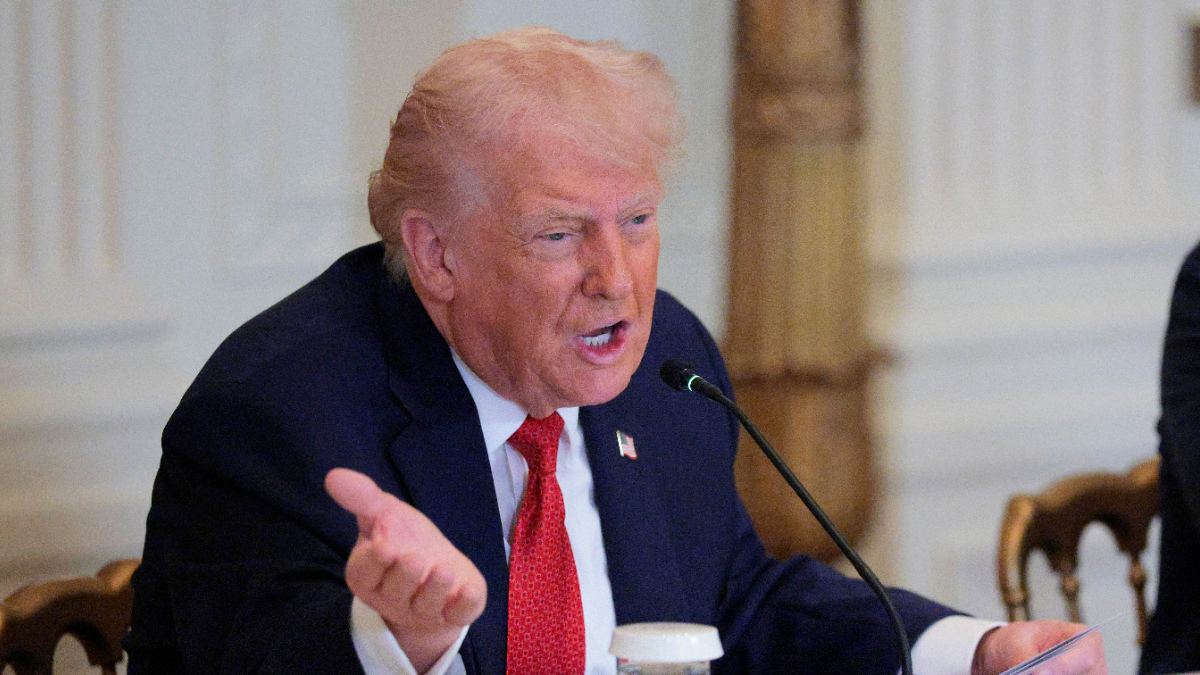
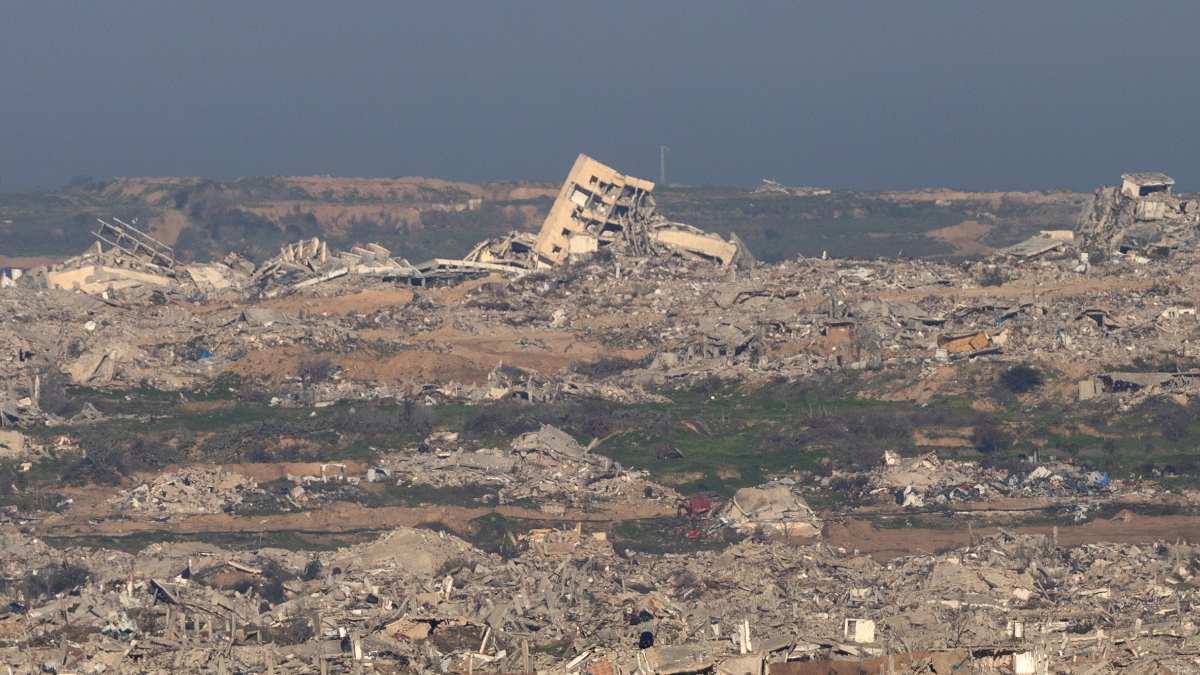
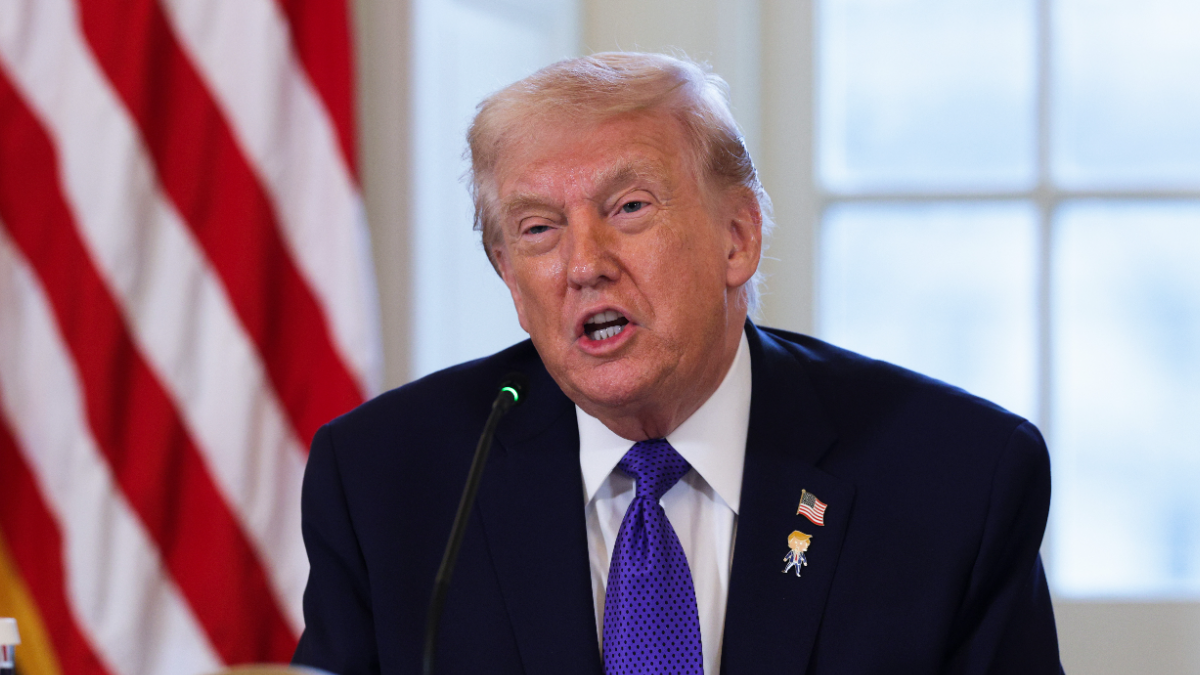

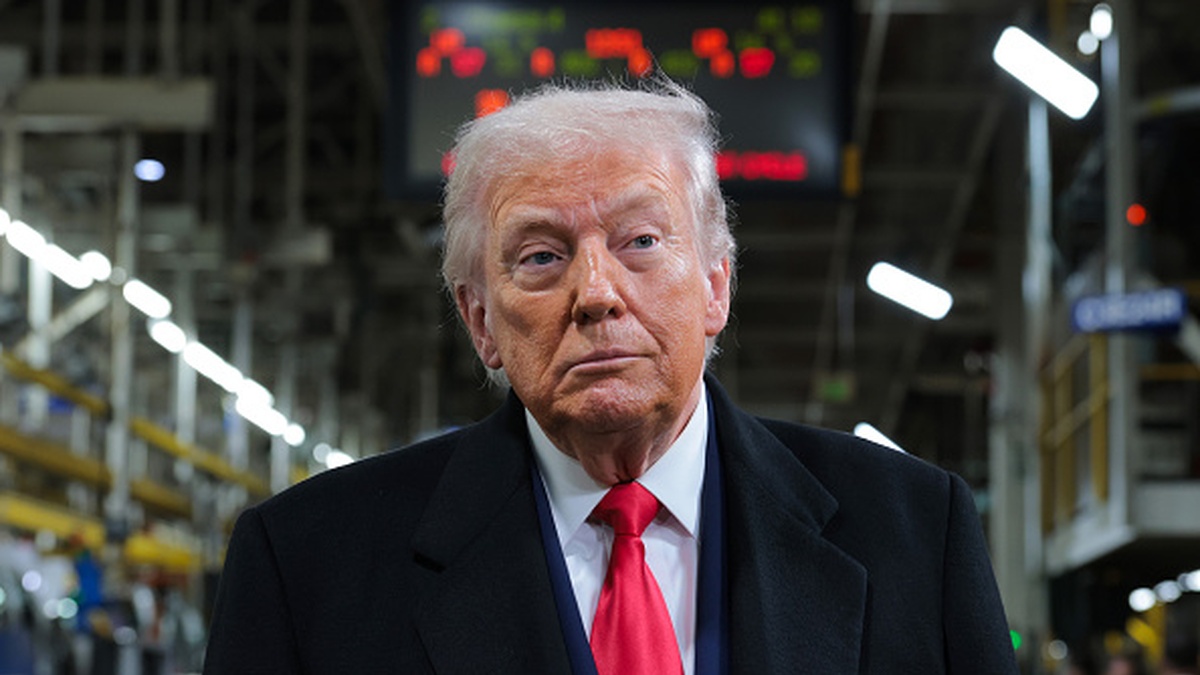


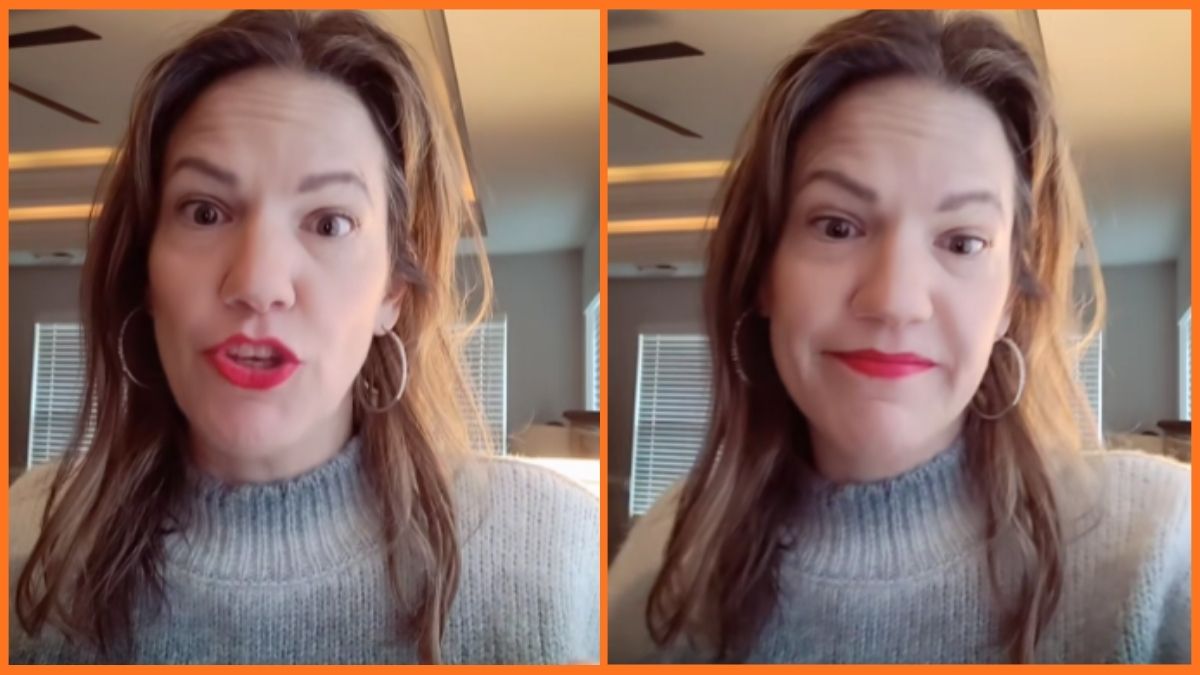
Published: Jun 14, 2018 10:54 pm